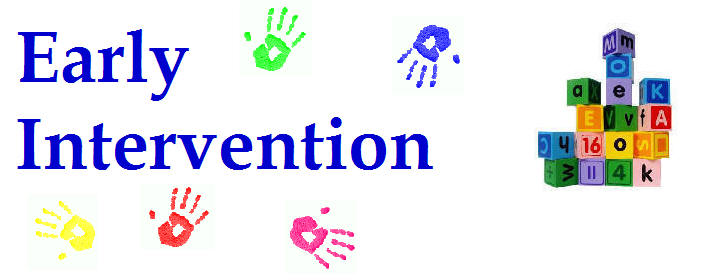Early to rise!!
Mr Lokesh, Neuro-physiotherapist
Parenthood is a joyous journey but at times it can turn arduous and discouraging if one is faced with an infant with developmental challenges. Thanks to early intervention programs, such challenges can be overcome and parents can offer a wonderful world ahead for their children.
Nishta Integrated Neuro Developmental Center’s physiotherapist Mr.A.Lokesh Kumar elucidates on what early intervention can do and how physiotherapy plays an integral role in this program.
EARLY INTERVENTION:
Early intervention is a program that aims to enhance the progress of infants who are at high risk for developmental disabilities. Early interventions are aimed at children who are diagnosed at birth with a specific condition or who experience significant prematurity, very low birth weight, illness or surgery soon after being born. “Infants born preterm or at low birth weight (LBW) are at increased risk of developing motor, cognitive and behavioral impairment compared with infants born at term with up to 50% of these infants later exhibiting developmental disabilities such as motor, cognitive or behavioral impairment “(Bhutta 2002; Doyle 2004). This program assesses the developmental status of infants and plans intervention to avoid secondary problems in them.
By engaging in a continuous multidisciplinary services to infants from birth throughout the first year of life, such interventions help the progress of a child’s health thereby minimizing developmental delays, curing existing disabilities, preventing functional deterioration and promoting parent-child interaction.
When an intervention is begun at an early age for such infants at high risk of neurodevelopmental problems, the intervention is aimed at minimizing the effects of prematurity and promoting optimal development.
Role of Physiotherapy in early intervention:
Physiotherapy is a primary service in early intervention. Physiotherapists work collaboratively as members of a team to help children develop their best possible movement skills.
Physiotherapy interventions to help individuals move, reduce pain, restore function, prevent disability, and promote wellness and participation in life.
Physiotherapy helps children to
- Learn to crawl, roll, sit, stand & walk
- Learn to improve balance and coordination
- Get stronger and fit
- Learn to hold objects to build, create and participate in self – care activities
Physiotherapy also helps families to make decisions on adaptive equipment if needed for the child.
Thus engaging in an early intervention program for infants at high risk in the progress of the child.

